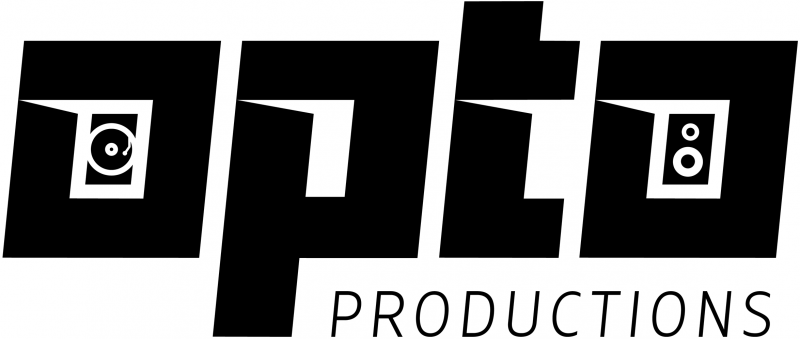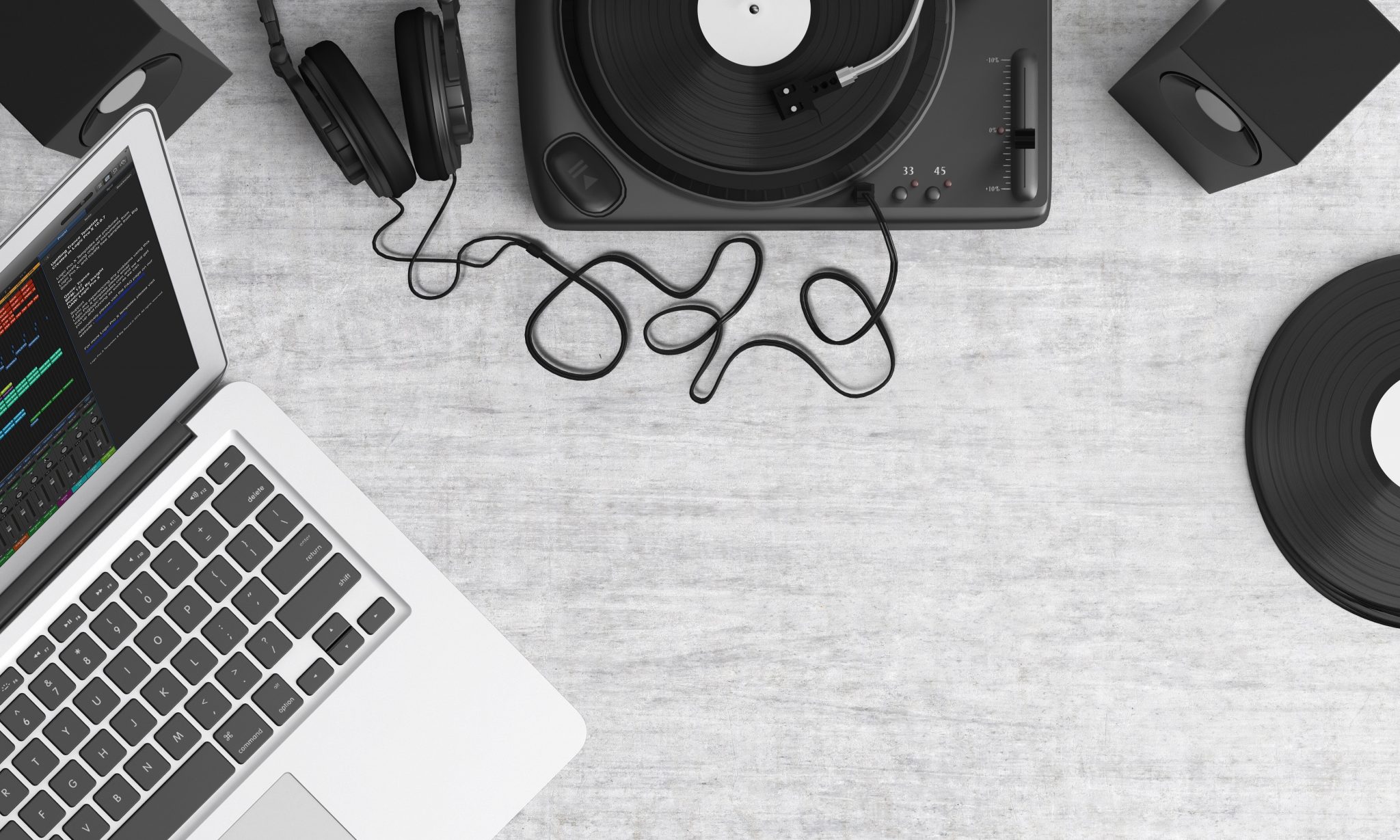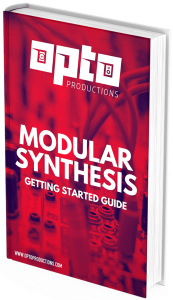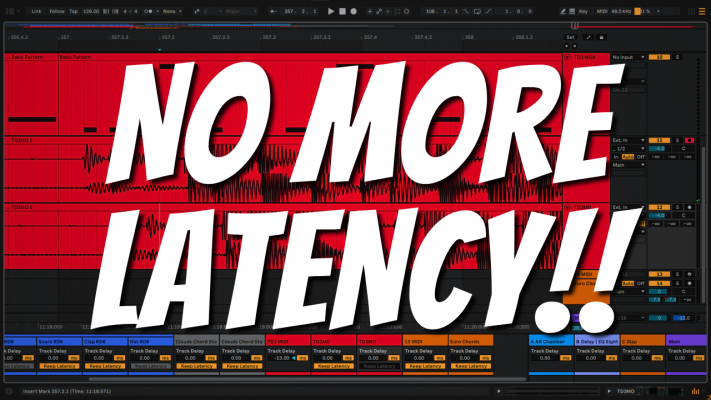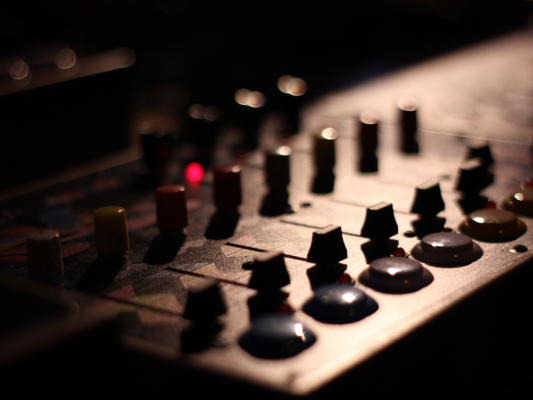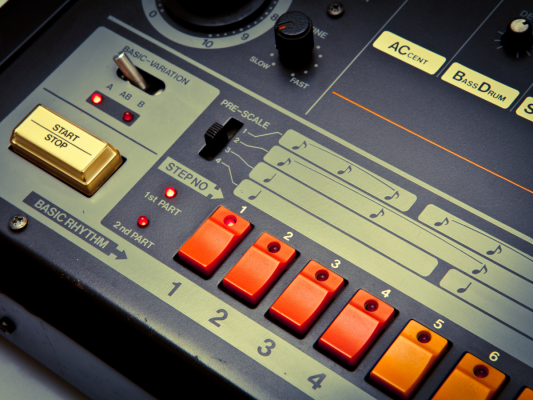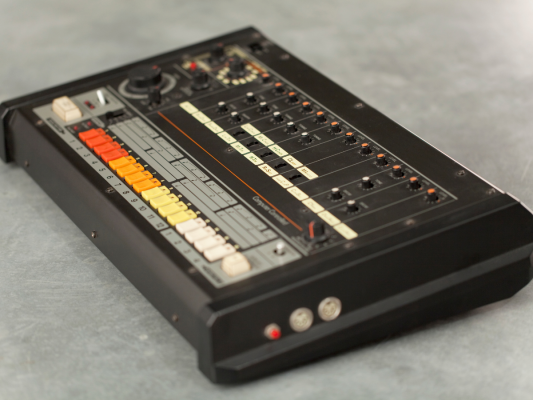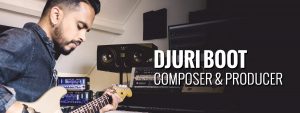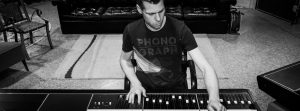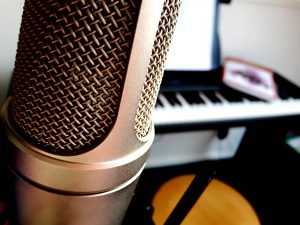What is an electronic music producer?
In previous articles, I talked about coaching music producers and producer/engineers. Today I want to talk about a well-known type of producer: the electronic music producer.
Thanks to advances in technology, musicians were able to produce their music completely in the box. They would not only write, arrange and create their sounds, but mixing also became a big part of the game. By working solely on a computer it became possible to work in a non-linear fashion. Sounds could be changed on the fly and notes could be placed wherever you wanted.
A computer can play stuff no human player ever could. Robotically gridded up performances and blazingly fast drumbeats formed an entirely new era of music genres like Jungle and Drum & Bass. With all the possibilities a computer could bring to the table, new styles where popping up out of nowhere. Harmony, rhythm and chords weren’t the only parameters anymore. Sound became a huge factor in defining an indefinite list of new artists and producers. 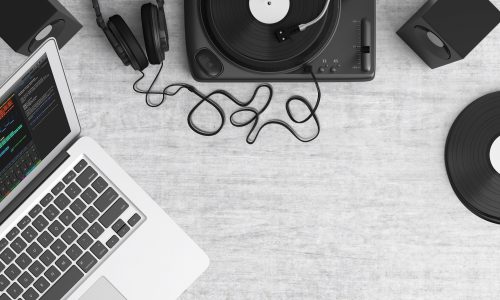
A one-man job
With a computer at the center of the studio producing started to become a one-man job. Doing everything yourself opens up a lot of possibilities, but it also has a huge impact on your creative workflow. It is hard to stay objective when you do everything yourself, you easily get lost in all the little details.
Most electronic music producers mix as they go. But not everybody knows that mixing actually starts with sound design. Just as you are recording real instruments, mixing starts at the source. Sounds inspire compositions more than anything with electronic music and it is very hard to differentiate between the two. It is impossible to compose a song without in some way focusing on how your parts are going to sound like.
Set boundaries for yourself
Because composition, sound design, production and mixing are so intertwined with each other it can help to set boundaries for yourself and deliberately split design phases. While splitting composition and production may be impossible with electronic music, creating a bunch of sounds first before you start to create a song can actually work.
Having special sound design sessions makes you focus on certain techniques and isn’t directly inherited to some sort of genre. It is quite easy to get formulaic with electronic music but to truly create your own unique style it is necessary to move beyond those stylistic boundaries. Don’t be afraid to experiment. Think about the way you work and ask yourself: “why do I work this way, and what can I do differently this time?”.
Save your presets and organize them in folders for easy access. Get wild with automation and record everything you do. Commit your drum sounds to audio and bounce everything down to your own sample library. By having fresh sounds ready every time you start a new project will not only inspire you but it also makes you work a lot faster. Your creative composing flow isn’t interrupted by spending hours creating the perfect kick drum.
Plan different sessions
Even though you mix as you go with electronic music, it still helps to plan a different mix session. When your song is finished export stems and import everything as audio in a new project. Keep grouped instruments together and export them as one stereo file. Don’t remove you’re plugins and keep your sidechain compressors activated.
When everything is committed to audio it’ll make you think differently about the sounds you made and especially how they work together. Try to mix as you would mix any other song and create a song that lives and breathes as one. Put your mixing hat on and try to really think as a mixing engineer. Splitting roles like this can shed new light on your productions, especially when you leave some time in between sound design, production, and mixing.
